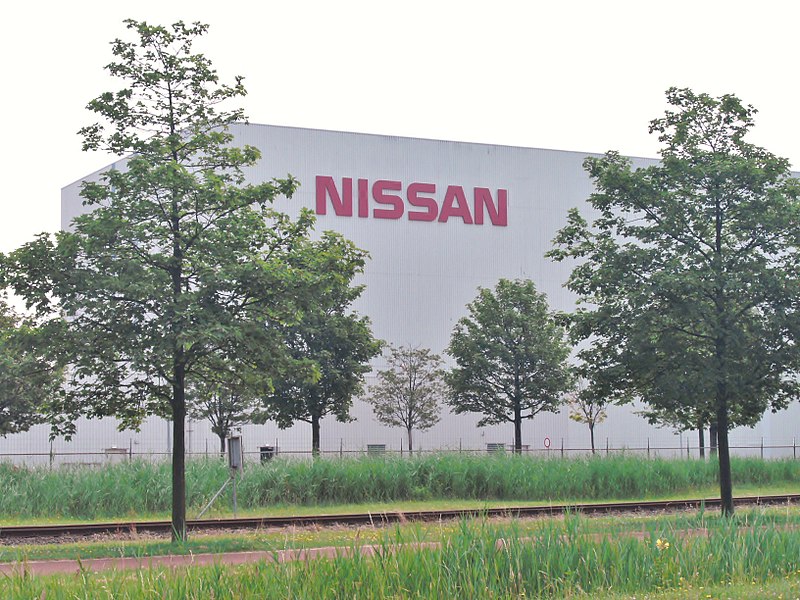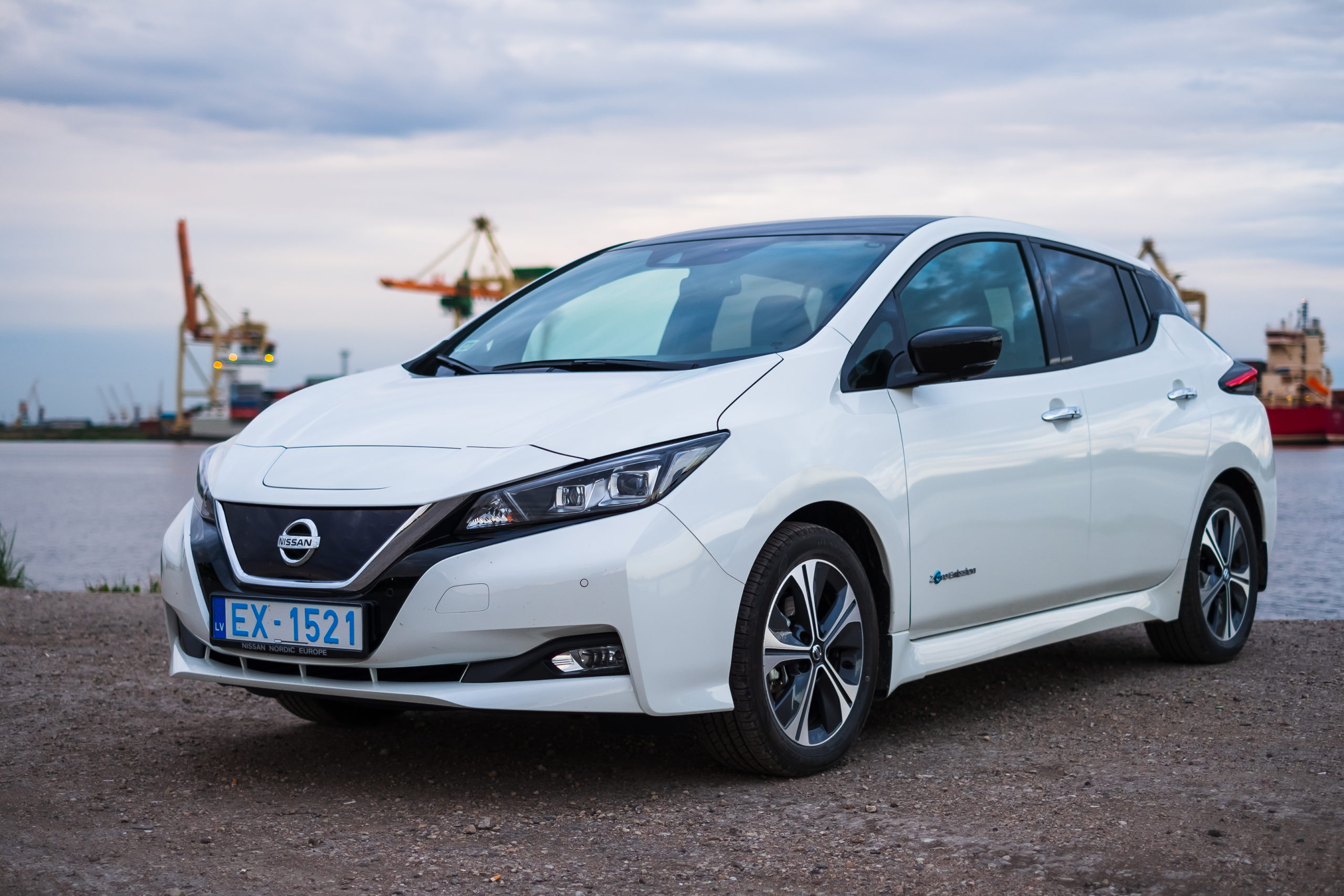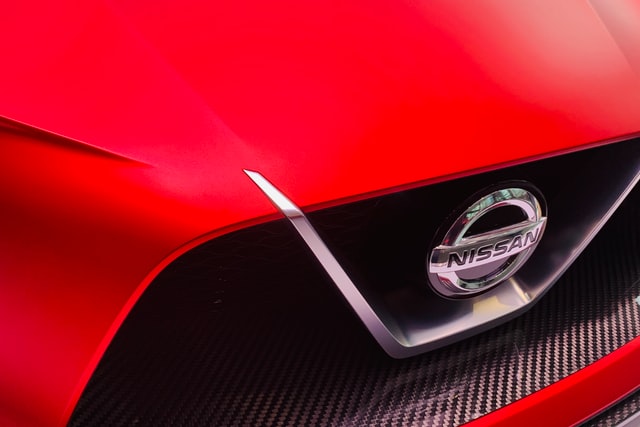Nissan is set to build a battery ‘Giga factory in the United Kingdom, which is expected to create thousands of jobs for the UK citizens. This will become a major economic boost for the UK and help lower the level of unemployment in the state. Sunderland will house the factory, and this plan has been regarded as a necessary post-Brexit investment boost.
Nissan is an established Japanese multinational automobile manufacturing company headquartered in Nishi-Ku, Yokohama, Japan. It sells cars branded under Nissan, Infiniti, Dastun, and Nismo. It is one of the leading vehicle manufacturers making progress in coming up with new mechanic cars and contributing to initiatives that seek to reduce the pollution of air from vehicle emissions. Thus, the company started manufacturing car batteries that are utilized in electric cars.

Electric cars are the recent inventions that will help reduce air pollution that is threatening the earth with global warming. An electric car is a car fed power by one or more electric motors powered by batteries. The batteries used in these cars are rechargeable. As compared to internal combustion engine vehicles, electric cars are much quieter and produce no exhaust emissions, which is a major reason why companies like Nissan are putting a lot of effort into manufacturing them. Emissions from factories, industries, and vehicles have been polluting the air and contributing to the depletion of the ozone layer, thus enhancing the global warming conditions. Also, drivers have reported that these cars accelerate faster than traditional fuel engines, so they tend to feel lighter when driving them [Source].
The UK has been lagging in terms of this new trend of cars, and the vast of vehicle manufacturing companies produce traditional fuel engines. UK car production has declined due to the economic slowdown, so there has not been a lot of progress in coming up with advanced vehicles [Source]. Nissan has been engaged in various projects in the UK, and it pledged its support for the UK during Brexit. It has taken over the manufacturing of Jaguar Land Rover and became the biggest manufacturer in that sector. Hence this business move by Nissan is a blessing to the UK’s industry as they will be ushered into a new era of electric cars.

Reports have mentioned that the UK government has fully endorsed this business initiative by the Nissan company. Anonymous government officials highlighted that the UK government also released some funds towards this project. However, the given amount was not disclosed, but it has been reported that it is a substantial financial backup that made the Nissan company officials happy [Source]. The funding from the UK government clearly shows how the state is supporting the emergence of electric cars. Government officials have held talks to invite other manufacturers to build ‘Giga factories electric car battery plants. These companies include Ford, LG, Samsung, InoBat, and Britishvolt, and it was reported that the UK would lose around 100 000 jobs if they do not establish Giga factories. It seems as if electric cars will take over from fuel vehicles [Source]. The government is planning to ban sales of new petrol and diesel cars by 2030. This is all part of the ‘Green Industrial Revolution’ that seeks to reduce the number of emissions being aired out into the atmosphere, which will lead to high temperatures.
The Japanese carmaker will continue to manufacture the Leaf electric car in Sunderland, which was opened in 1986. The new battery factory is expected to focus on manufacturing batteries for electric vehicles and engage in the production of Qashqai and Juke models. After completion, the factory will produce about 200 000 batteries annually for all the electric cars produced in the UK. The site is expected to open in 2024 and produce 6 gigawatt-hours of battery capacity per year. This will be a significant add-on in the 1.9 gigawatt-hours being currently produced at the functioning Sunderland plant.







































